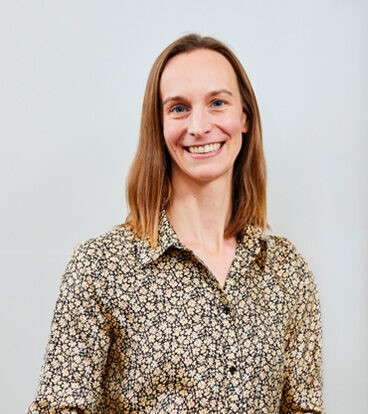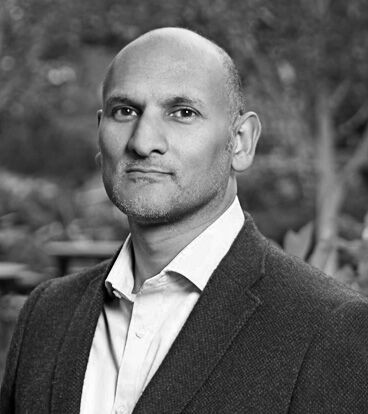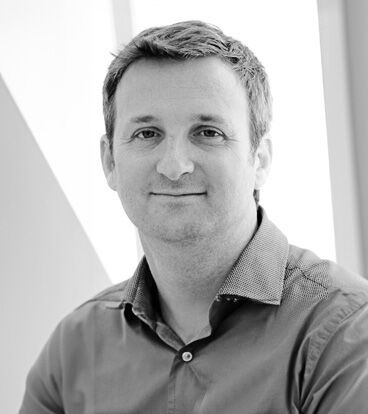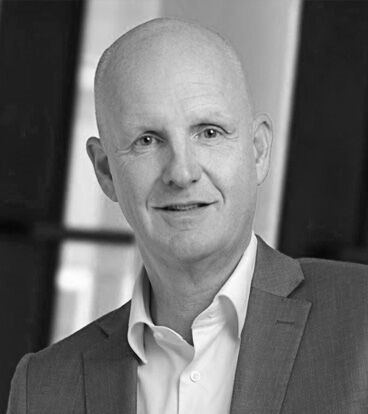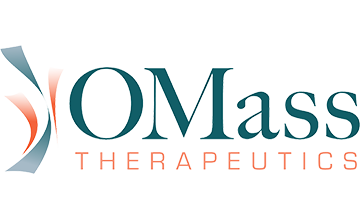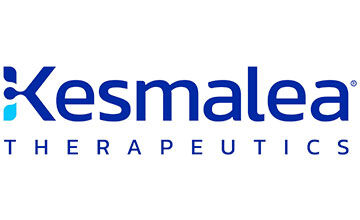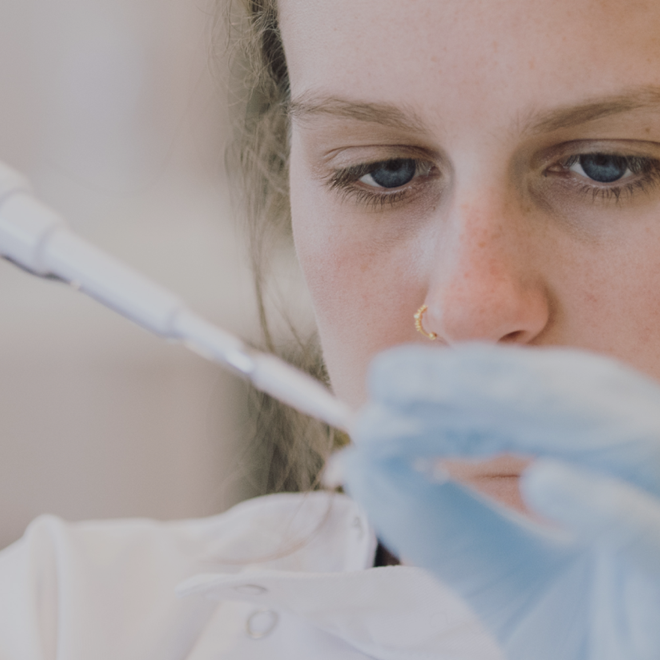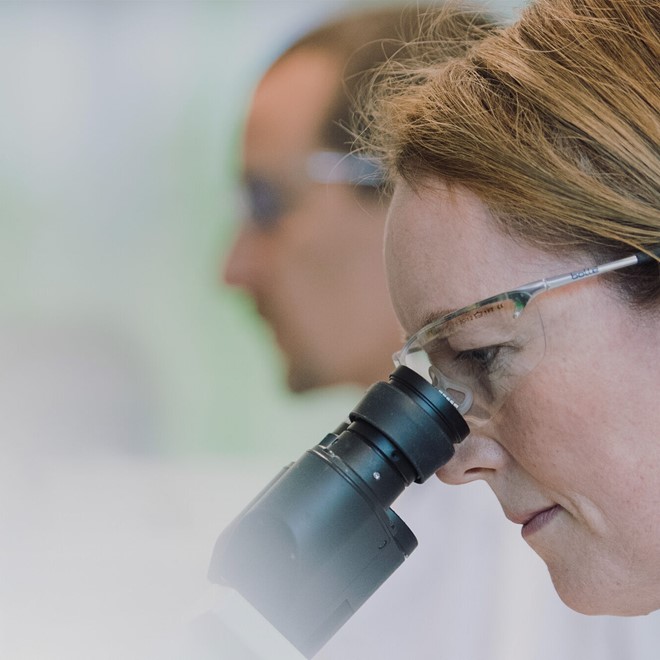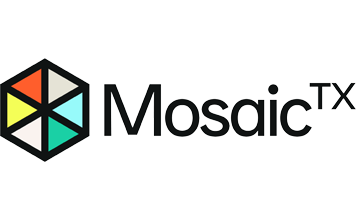
- Syncona investment
- 2022
- Co-founders
- Mathew Garnett, Adrian Ibrahim, Emile Voest
- Shareholding
- 77%
- Stage
- Pre-clinical
- Raised in Series A
- £22.5m
Unless stated all financials at 31 December 2024
Based in Cambridge, UK, Mosaic is an oncology therapeutics company with a highly specialised drug discovery platform, focused on discovering, developing and commercialising novel, targeted, therapies to target cancers in areas of high unmet need. Syncona led a £22.5 million Series A financing of the company in 2022, committing £16.5 million alongside Cambridge Innovation Capital.
Since the early 2000s an increasing number of targeted small molecules drugs have been developed for the treatment of malignancies. However, these therapies still face challenges in reaching approval with a low success rate in clinical development. The use of biomarkers to better define target populations can unlock increased efficacy, helping to improve success rates and accelerate entry to the clinic.
Mosaic’s technology is based on the work of Dr Mathew Garnett. Mathew is Head of the Translational Cancer Genomics Laboratory at the Wellcome Sanger Institute and co-founded Mosaic alongside Dr Adrian Ibrahim, formerly Head of Technology Translation at the Wellcome Sanger Institute and Dr Emile Voest, Chairman of the Board of Cancer Core Europe and Independent Director on the Board of Sanofi S.A. Mosaic’s platform enables the company to maintain a deep understanding of the interaction between biomarkers and drug targets, leveraging its differentiated access to the deep expertise, infrastructure and biological assets of the Wellcome Sanger Institute.
Syncona Partner Magdalena Jonikas led the launch of the company and sits on Mosaic’s Board, which is Chaired by Syncona Investment Management Limited Managing Partner Edward Hodgkin.
Investment thesis
- Leveraging the unprecedented insights of the genomic revolution to develop targeted therapies for cancer
Unmet medical need
- Potential for accelerated clinical entry in a number of oncology settings in difficult-to-treat cancers
Syncona team
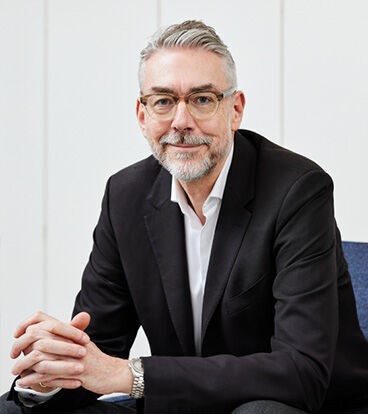
Edward Hodgkin
